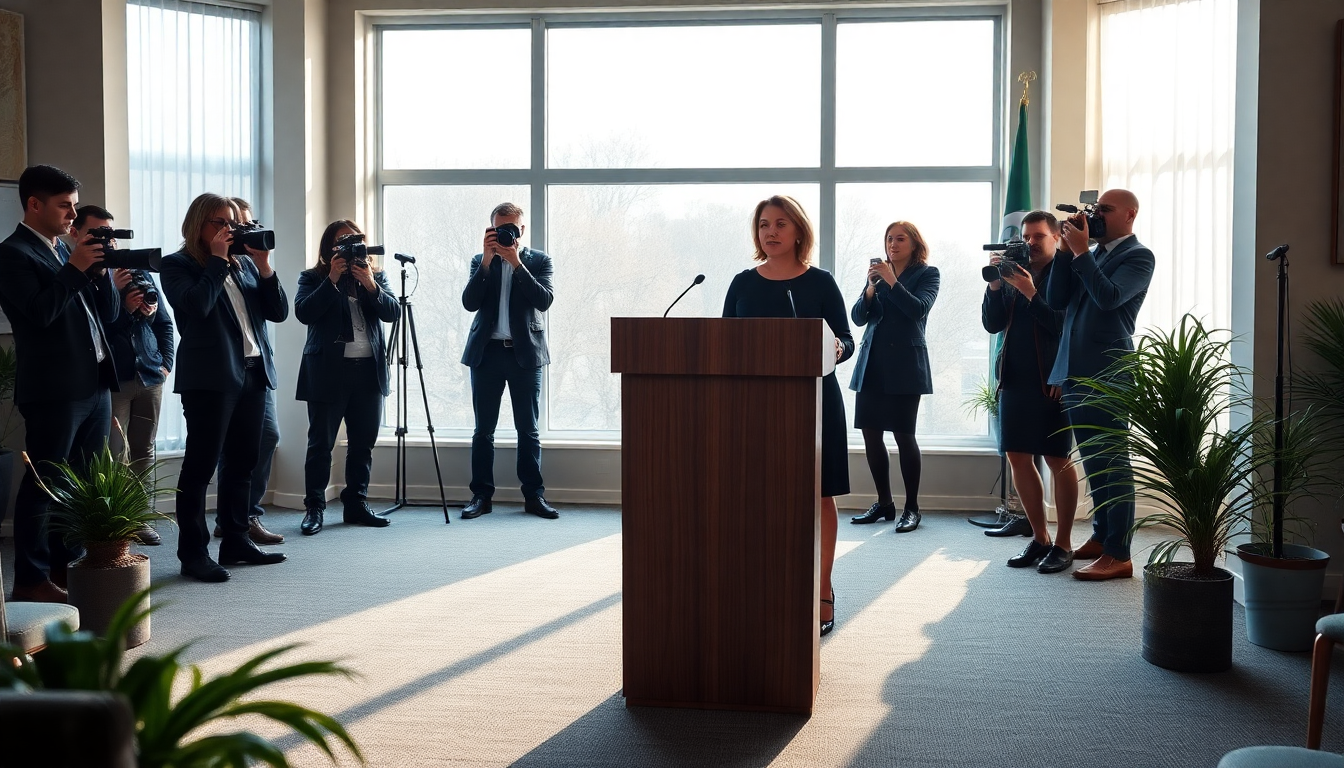Table of Contents
As geopolitical tensions rise, Danish Prime Minister Mette Frederiksen is raising alarms about the recent decision by the United States to cut certain military supplies to Ukraine. She argues that this move could pose significant risks, not just for Ukraine but also for the broader European security landscape and the unity of NATO. During a press conference in Aarhus, Frederiksen’s comments echoed a growing concern among European leaders about sustaining adequate support for Ukraine, especially with shifting U.S. priorities.
The Impact of U.S. Military Assistance Cuts
At a news conference with European Commission President Ursula von der Leyen, Frederiksen highlighted the potential fallout from reduced U.S. military aid on Ukraine’s defense capabilities. “If the U.S. decides not to provide Ukraine with what is needed, it would be a serious setback for Ukraine and for Europe and for NATO,” she stated emphatically. This statement underscores just how crucial U.S. support has been for Ukraine, especially concerning air defense systems and precision munitions.
Frederiksen’s worries stem from the broader implications of the conflict, which she characterizes as a pivotal moment for the future of Europe. This perspective resonates with many European leaders who see the conflict as a litmus test for democratic resilience against authoritarian aggression. The Danish Prime Minister stressed that decisions made in Washington will send ripples throughout Europe, forcing leaders to rethink their strategies for supporting Ukraine.
Denmark’s Role and Commitment to Ukraine
Denmark has stepped up as one of Ukraine’s strongest allies, contributing nearly €10 billion in military and civilian aid since Russia’s full-scale invasion in February 2022. Frederiksen’s administration has been vocal about the need for sustained pressure on Russia and has called on European nations to step in where the U.S. might fall short. “If there are any gaps [left by the U.S.], I personally believe that we should be willing to fill them,” she declared, indicating Denmark’s readiness to boost its support for Ukraine.
Ukrainian President Volodymyr Zelenskyy echoed Frederiksen’s sentiments, expressing his reliance on continued American support while acknowledging the challenges posed by cuts to specific military supplies. He pointed out that Europe may struggle to replace crucial items like Patriot missiles, which are essential for countering Russian aerial threats. This highlights the urgent need for a coordinated response among European allies to ensure that Ukraine stays well-equipped for self-defense.
European Union’s Military Aid and Future Strategies
In light of the shifting landscape of military assistance, EU leaders have reaffirmed their commitment to supporting Ukraine. European Council President António Costa and von der Leyen emphasized that the EU has already provided €24 billion in military aid to Ukraine this year, surpassing the U.S. contribution. However, as global support dynamics evolve, EU officials understand the necessity of strengthening their collective defense strategies and exploring new avenues for military procurement.
With potential reductions of U.S. troops in Europe and the ongoing threat from Russia, national leaders are feeling the pressure to secure funding and acquire weapons capable of deterring aggression. Frederiksen’s push for a stronger, unified European response reflects a broader realization that the continent’s security hinges on a collaborative approach to defense and support for vulnerable nations like Ukraine.
As Denmark’s Prime Minister navigates these complex geopolitical waters, her commitment to firm policies—both at home and in Europe—signals a determination to uphold a robust defense posture in these challenging times. The unfolding situation serves as a powerful reminder that the stakes are high, not just for Ukraine, but for the future stability of Europe as a whole.


